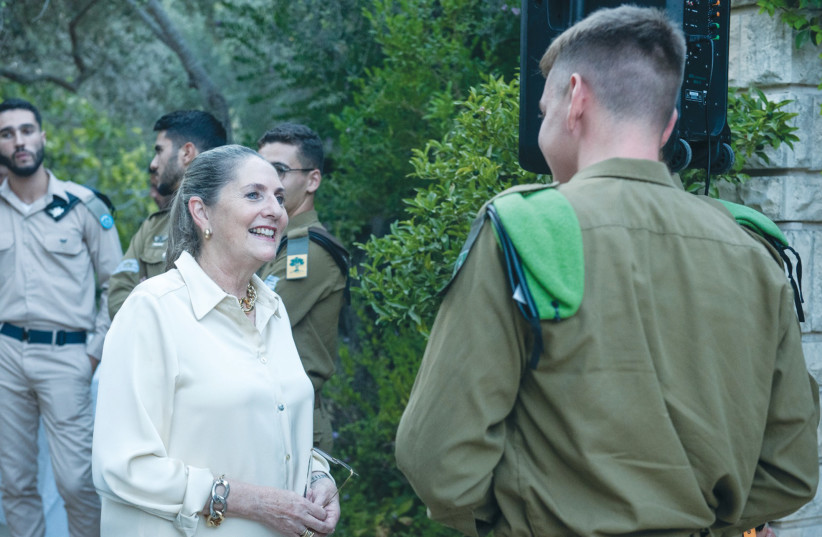Labor Minister Yoav Ben-Tzur this week approved the transfer of approximately NIS five million in funds from the National Insurance Institute (NII) toward a project to support recently-released lone soldiers who are struggling.
The overall goal of the project, entitled "MiKan" (From Here) is to help recently discharged lone soldiers, particularly those suffering from mental health crises, make a smooth adjustment to civilian life.
The project will ultimately invest over NIS 10 million into the establishment of emergency housing for young olim who finish their military service and find themselves at risk of homelessness. The program provides housing for up to six months as well as additional support resources to help jumpstart financial independence.
The first stage of the project will be the construction of two apartment buildings where recently-released soldiers can stay for three to six months. There will be on-site staff members working with the residents to build personalized plans for their next steps in terms of housing, employment, health, education, and more.
Lone soldiers released early for mental health
According to data from the IDF, about 3,000 lone soldiers are released from the army each year, half of whom have no family support in Israel whatsoever. In 2022, 430 lone soldiers were released early for mental health crises.

Lone soldiers in this position have no way to prepare for leaving the army and are not automatically entitled to the assistance provided by the Defense Ministry and the IDF. Additionally, the current emergency assistance available from the Welfare and Social Affairs Ministry is not adequately tailored to the needs of lone soldiers.
The new program will ultimately be incorporated into the wider array of similar services offered by the Welfare Ministry.
"Signing the budget for the construction of this important project is one of the easiest but most critical aspects of my position," said Ben-Tzur of the new project. "Lone soldiers who are forced to leave the IDF due to a mental health condition...have never been given adequate support from the state. Now, for the first time, we will build a home treatment framework for them that will include...accommodation, guidance...and education."
